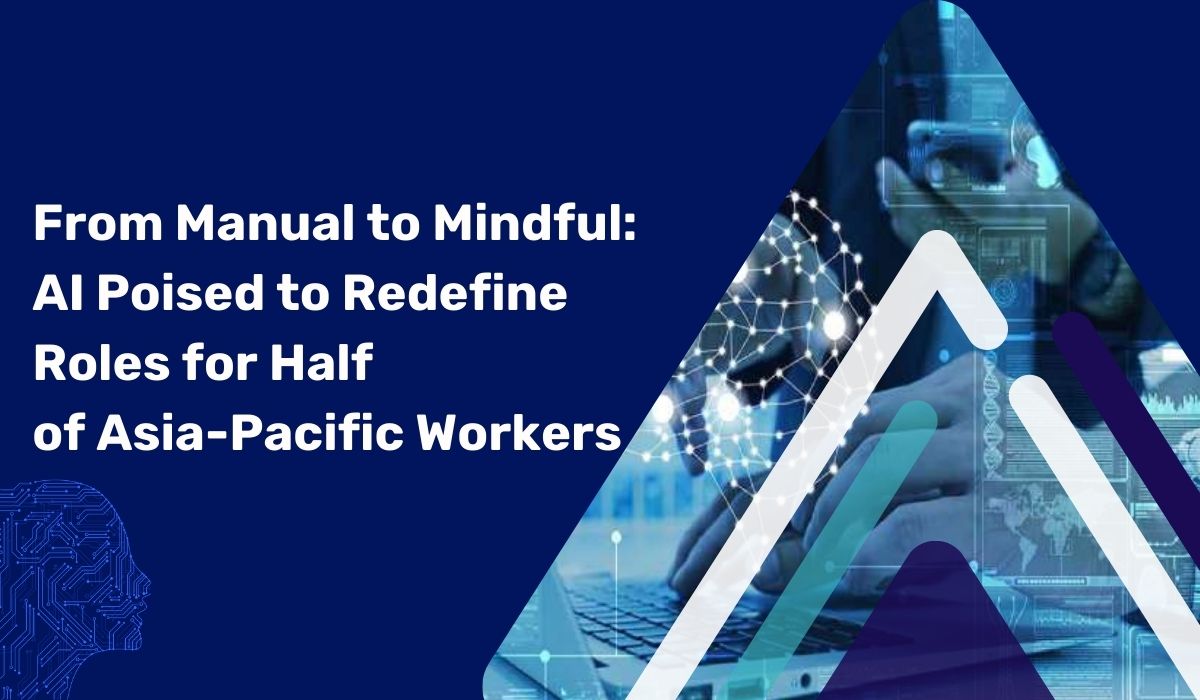
The International Data Corporation (IDC) predicts that artificial intelligence (AI) will play a pivotal role in reshaping the Asia-Pacific workforce, with approximately 50% of the workforce benefiting from AI-driven augmentation by mid-2025. This transformative journey is expected to bring about a cultural shift within organizations, coupled with the adoption of new technological frameworks that enhance overall performance. As AI and GenAI technologies increasingly dominate the digital economy landscape, their impact extends beyond mere productivity enhancements and task automation. The IDC report underscores their role in redefining job roles, necessitating a shift in the skills required of the workforce. The transformation is anticipated to lead organizations towards a future marked by heightened technology usage and greater collaboration between humans and machines, giving rise to a demand for strategic and value-added roles that go beyond the capabilities of AI and GenAI.
The report highlights a concurrent surge in investments by technology buyers in AI and GenAI-driven enterprise software applications. This strategic move aims to revolutionize business operations, paving the way for a future where human-machine collaboration becomes integral to organizational success. Estelle Quek, Senior Research Manager, Software Applications and Channels Strategies at IDC Asia/Pacific, projects that Asia's top 2,000 organizations will focus on altering internal perceptions and fostering receptivity towards human-machine collaboration from 2024 to 2025.Looking ahead to 2026, the IDC report envisions a seamless integration of data and enterprise applications, progressing further to envisage autonomous organizations by 2028.
While GenAI and AI are forecasted to bridge 15% of enterprise talent shortage gaps by 2025, the report also warns of a surplus of talent across all lines of business by 2027, stemming from the widespread adoption and practice of these technologies.In a call to action, the report emphasizes that by early 2025, 60% of Asia-Pacific organizations still reliant on legacy systems will need immediate application modernization to navigate and thrive in the rapidly advancing digital landscape. This imperative adaptation is vital for organizations to stay relevant and competitive in an environment that has already surpassed those clinging to outdated technology platforms.